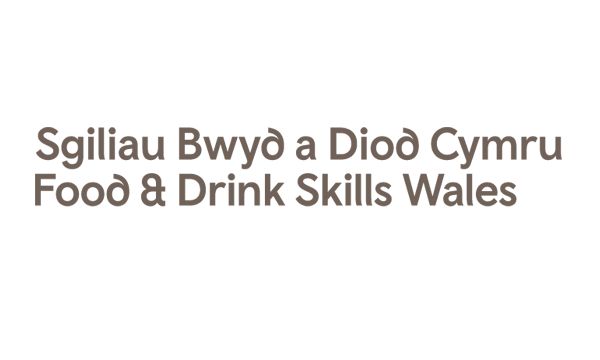
GUEST COLUMN:
Neil Burchell
Mentor, Food & Drink Wales Trade Development Programme
Delivered by Mentera on behalf of the Welsh Government
Resilience is a word we hear a lot at the moment, and for good reason. Food and drink manufacturers are facing multiple pressures, from rising costs to skills shortages, all at a time when consumer habits are shifting, and regulations continue to evolve.
While these challenges are real, there is plenty within a business’ control. The key is to act early, take stock, and make the most of the support available.
One of the first areas to focus on is whether products remain the right fit for today’s market. The food and drink industry is constantly evolving, with trends such as plant-based eating, low and no alcohol, and functional health benefits gaining ground. Regulatory changes, including restrictions on high fat, salt, and sugar products, also need to be considered. A product that performed well in the past may not be positioned as strongly now. It is essential to understand what consumers want and whether adjustments to recipes, formats, or branding could make a product more competitive.
Financial control is another critical factor. Knowing the numbers inside out is essential, from ingredient and production costs to pricing strategies. Many businesses are understandably reluctant to raise prices, but there are alternative approaches to protecting margins. Reformulation, pack size adjustments, and format changes can all help to manage costs. Price increases, when necessary, need to be well-justified, and retailers and hospitality buyers will accept them when presented with a clear rationale.
It is also important to focus on where time is spent. Business leaders should ensure they are prioritising areas where they can add the most value, whether that is in product innovation, business development, or strategy. Delegating where possible and bringing in expertise can allow businesses to focus on growth rather than being overwhelmed by day-to-day operational challenges.
Seeking help is crucial, and it should not be left until a business reaches a crisis point. Welsh food and drink manufacturers are fortunate to have access to a wealth of support, but it is only valuable if it is used. Under the banner of Food & Drink Wales, the Welsh Government provides a range of support including the Trade Development Programme which provides tailored advice, helping businesses refine their approach. The Insight Programme provides data and analysis on market trends; Food Innovation Wales and the Helix programme provides help with process operations, new product development and food safety certification. There is a network of business Clusters providing great opportunities for collaboration. There are also programmes to support in the management of finances, investment, skills development and export.
Welsh businesses are in a strong position to navigate current challenges, but resilience does not happen by accident. Taking stock of the market, managing finances effectively, prioritising time, and making full use of the support available are all steps that can make a real difference. The sooner businesses take control, the better prepared they will be to weather challenges and take advantage of future opportunities.







